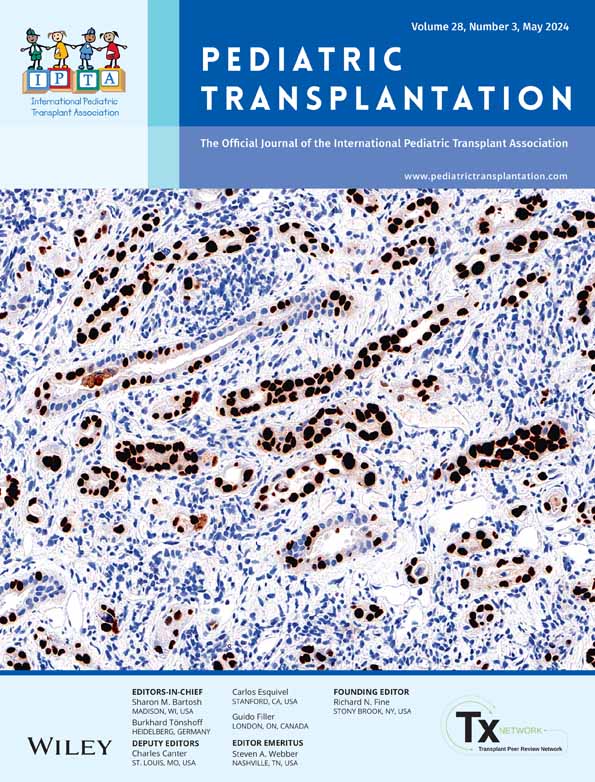Post-traumatic growth among pediatric transplant recipients and their caregivers: A scoping review
Abstract
Background
Pediatric transplantation can be a stressful process for patients and caregivers. Some individuals may experience post-traumatic stress symptoms (PTSS) and post-traumatic growth (PTG) as a result. Although post-traumatic stress disorder (PTSD) has been well-studied in this population, the purpose of the present scoping review is to provide a first synthesis of the existing literature on PTG in pediatric transplant populations.
Methods
We conducted a literature search of PsycINFO and Scopus in May 2023. Eligible articles must have included a sample of solid organ transplant (SOT) or stem cell transplant (SCT) recipients under age 18, siblings of recipients, or caregivers; and must have examined PTG.
Results
Twenty-three studies were identified, and nine studies met inclusion criteria and were included in the review (n = 5 cross sectional; n = 4 qualitative). Cross-sectional studies examined demographic, mental health, and medical correlates of PTG in children and caregivers. PTG was correlated with PTSS among caregivers. Qualitative studies identified themes along each of the five factors of PTG.
Conclusion
Findings overwhelmingly focused on caregiver PTG. Qualitative study findings align with the theoretical model of PTG. Additional research is needed to investigate PTG in siblings of children with a transplant and associations between PTG and medication adherence. This scoping review provides insight into positive change processes following a transplant among children and their caregivers.
Open Research
DATA AVAILABILITY STATEMENT
Data sharing is not applicable to this article as no new data were created or analyzed in this study.




